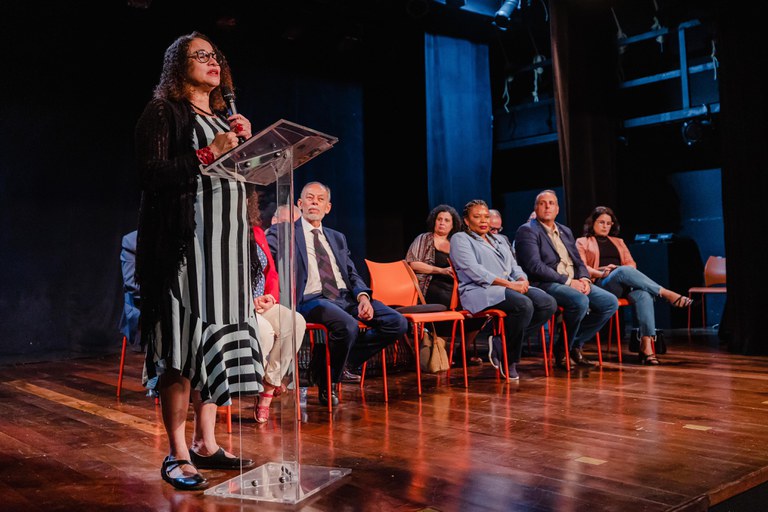The Ministry of Science, Technology and Innovation (MCTI) and the Funder of Studies and Projects (Finep) launched this Thursday (11), in Olinda (PE), the project Brazil Identity Noticewhich will contribute R$250 million to the recovery and preservation of the country’s scientific and cultural heritage. This is a record investment for this purpose. It was announced by Minister Luciana Santos, at the Mercado Eufracio Barbosa, in the presence of Minister of Culture Margaret Menezes.
All notification funds will come from the National Fund for Scientific and Technological Development (FNDCT), with R$125 million for conservation, dissemination and restoration projects of scientific and technological collections; and R$125 million for historical and cultural collections.
Scientific, technological and innovative institutions (ICTs), public or private, public bodies linked to ministries and secretariats of state, municipality or federal district, social organizations linked to MCTI and museums included in the National Registry of Museums of IBRAM – Brazilian Institute of Museums of the Ministry of Culture.
“Museums and scientific centers strengthen the community’s links with all areas of knowledge. We are talking about essential equipment for the preservation of the country’s scientific and cultural heritage, with a fundamental role in the expansion of scientific culture in Brazil. This call comes to reverse the historical process of abandonment of the Brazilian heritage collection and the abolition of these institutions, which we have observed in the six years preceding our government. A people without memory would be a people without history and a people without a future,” said Luciana Santos, during the event.
The Minister of Culture stressed the importance of the partnership between the two departments. “For us, who work with culture, memory, our tangible and intangible heritage, science is there to help us take care of this collection. We need technologies to take care of this cultural memory. And that is how we have been going under President Lula’s government, seeking to establish partnerships in favor of the legitimate actions of the Brazilian people. Our cultural memory is one of our assets,” he pointed out.
According to Carlos Aragão, director of scientific and technological development at Finep, this is the first time that there has been such a decisive support for the preservation and recovery of collections in the country. “It means recovering the identity of Brazil, which has been very shaky in recent times, in the face of practices of denial and devaluation of our culture,” he said.
This initiative is part of MCTI’s Pop Science programme, which aims to develop scientific culture and stimulate the practice of science, technology and innovation to promote social inclusion and reduce social inequality, through the popularisation of science.
“A science museum is a cultural museum, and a scientific collection is a cultural collection. So, it is great that the two ministries work together to preserve our heritage. This notice can democratize access to culture and expand the cultural and scientific repertoire of Brazilian society,” emphasized Juana Nunes, Director of Science Popularization at MCTI.
In an effort to address regional asymmetries, at least 30% of resources from this call should be applied to the North, North-East and Central-West regions.
“From this notice, we will recognize and learn about the science, technology and innovation that is produced in museums. Because culture, history and science go together. Museums are already doing science and technology, and this initiative will meet their needs,” said Fernanda Castro, president of the Ibrahim Foundation.

“Hardcore beer fanatic. Falls down a lot. Professional coffee fan. Music ninja.”






More Stories
The law allows children and adolescents to visit parents in the hospital.
Scientists pave the way for the emergence of a new element in the periodic table | World and Science
Can dengue cause hair loss? Expert explains how the disease affects hair